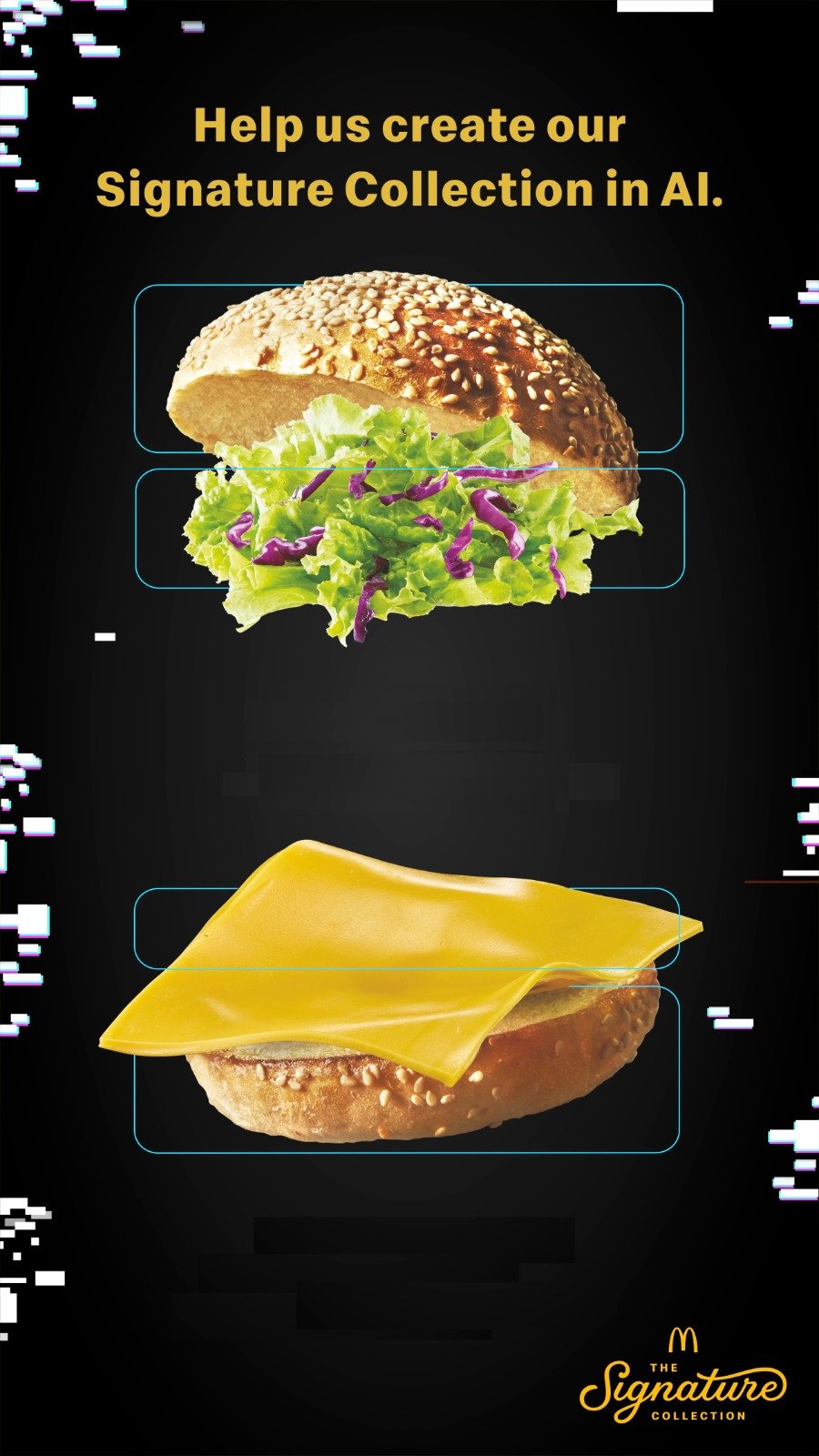The world's latest crisis - COVID-19 - has taken over our lives, irreversibly shifting our economy, society and lifestyle. But how has it affected the foodservice industry - and what big changes are on the horizon? Find out more about how coronavirus has impacted our industry and what foodservice operators should consider when adapting their business to life as our 'new normal'.
How is the industry changing?
Though the pandemic is still in its early stages, we've already seen a considerable shift in how consumers are getting their food, and how local restaurants and foodservice providers are responding.
1. Local farm shops are booming
One of the biggest shifts has been that of consumers turning to local farms for their fruit, vegetables, meat and dairy produce. While grocery stores have experienced severe shortages in supply, farms shops have been able to offer local shoppers a steady stream of fresh goods.
Another big advantage of local produce is that people know where their food is coming from, which not only helps them feel more secure about avoiding shortages from hard-hit countries, but also helps them contribute to the local economy, supporting local businesses that otherwise might not have been able to ride out the storm.
2. Restaurants are shifting to take-away or delivery models
Restaurateurs have been quick to adapt their business model to offer their customers more flexible, pandemic-friendly dining options. This has caused a surge in take-away and delivery service options, not only from quick service or fast-casual restaurants but also from higher-end restaurants.
While the commission fees of delivery service providers can be off-putting for many restaurateurs, there's good news on the horizon. Many delivery services are adapting their business models by reducing or eliminating their fees or opting for a flat-rate, subscription option so restaurants can get a better return on their margins.
But what about food safety concerns? Most restaurants have implemented stringent health & safety regulations to protect both their staff and their patrons - covering everything from sourcing, to preparation and service. In China, foodservice operators like McDonald's have responded with contactless pick-up options where customers don't have to make any contact with the staff.
3. Independent businesses are seizing the day
As many international chains such as McDonald's, Subway, KFC and Burger King have decided to close stores altogether, there's a growing opportunity for small, independent businesses to fill the gap. These businesses are more agile and flexible as they employ fewer staff and are therefore able to react quicker to serve local customers. These customers are likely to spread the word throughout their local communities, further boosting the success of these businesses and building a loyal customer base that's likely to stick around well after the dust has settled.
Food & workforce safety tips
Here are the key factors that any foodservice business should consider.
Set up clear protocols for your establishment and communicate these to all of your partners, suppliers, employees and customers.
Employees handling food should wash their hands for at least 20 seconds and wear gloves, a mask and/or hairnet as recommended.
Employees should stay at least 2 meters away from customers and coworkers, to comply with social distancing recommendations.
While 'open food' areas such as buffets do not pose an increased risk, customers and employees should continue to behave in a hygienic manner. Where possible, food should be pre-packaged
For restaurants offering a delivery service:
Delivery staff should be well-trained and adhere to public health advice regarding the collection and delivery of orders.
Drivers should wear clean (and when necessary, protective) clothing, and sanitize their hands before and after every transaction.
Delivery vehicles should be kept clean, in good condition and free from sources of contamination. They should be disinfected regularly.
Where possible, 'contactless delivery' options should be offered - where food can be left at the front door or on the porch.
You may want to consider limiting the range of menu items on offer to simplify the production process and streamline your operation.
Food packaging should be controlled, to make sure that it is suitable for different food types (some packaging is not suitable for hot food).




